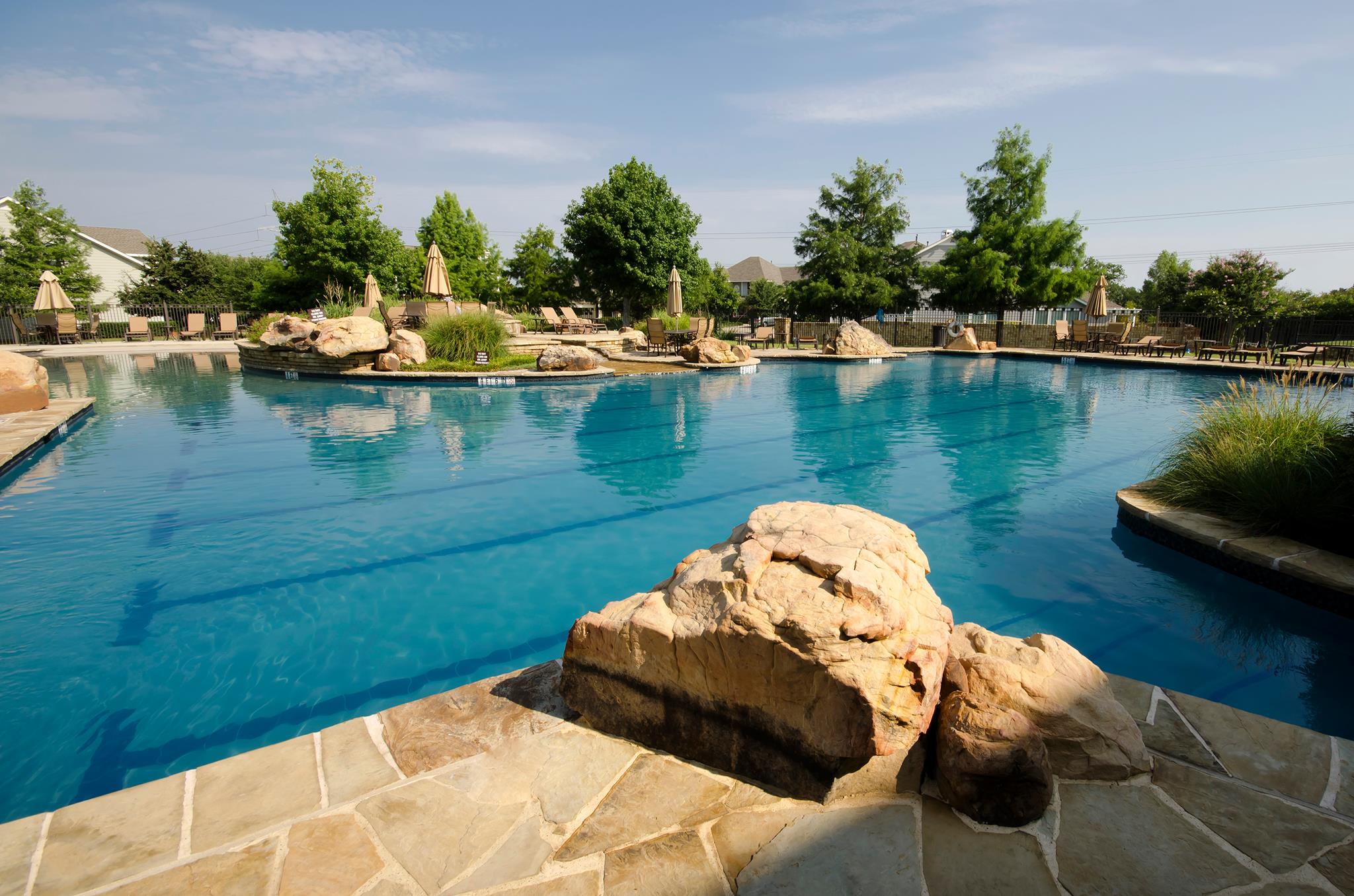HOAs, or homeowners’ associations, are a modern-day standard in America. According to the Community Associations Institute, in 1970, only 10,000 communities had HOA’s. Today, HOA’s govern more than 350,000 communities.
HOAs have a reputation for being ‘bad guys’ with lots of rules. Homeowners can forget what HOAs actually do and how much of a benefit they can be. In this article, you will learn:
- Who is the HOA?
- Why have an HOA?
- What does an HOA do?
- How does the HOA enforce its standards?
Who is the HOA?
An HOA is the governing body of a community, usually comprising homeowners who have volunteered to serve on the HOA board. When you buy a property governed by a homeowners’ association, you become a member of the association. You agree that you’ll obey all the HOA rules and pay regular dues and any special assessments.
It also handles maintaining commonly-owned areas within its subdivision. Common areas might include the community gate maintenance, a pool, a gym, walking trails, playgrounds, and more.
It is also responsible for enforcing the subdivision’s covenants, conditions, and restrictions, or CC&Rs, and abiding by its bylaws.
The CC&Rs might cover:
- The exterior paint color on your home
- Street facing landscaping
- Fence appearance and color
- Grass length
- The number and kind of vehicles you can park
- Whether you can own a pet and what kind
- Whether you can rent the property to someone else
A Board of Directors governs the HOA. Each of these elected positions has a specific function, such as President, Vice-president, Secretary, and Treasurer. 70% of HOA Board Members are residents of the subdivision that they are governing, so the bylaws, CC&R’s and board decisions affect the board members as much as the residents. A vested interest in the success of the HOA is always a good thing!
Why have an HOA?
The purpose of an HOA is to protect home values and maintain a clean appearance while enhancing the quality of life of its occupants. The more amenities that a subdivision offers, the more the HOA fee will be. The HOA splits the fee between all residents living in the community.
HOA dues are always a point of disgruntlement between homeowners because they want the nice amenities that a neighborhood has to offer, but do not want to pay an extra $200 – $500 a month. With the rise in the quality of amenities that a community has, the cost of HOA dues has increased as well. In 2005, the average HOA fee in the United States was $250 per month. By 2015, that fee had increased 32.4% to $331 per month.
What Does An HOA Do?
The board of directors of the HOA makes small decisions like who to have cut the grass, when to repaint the front gate, and how often to update the gym equipment. When making larger decisions like resurfacing the streets or replacing perimeter walls, the HOA holds meetings to offer a vote to all member households in good standing.
Besides decision making, the board is also responsible for managing the finances of the homeowners’ association. This includes:
- Collecting dues
- Collecting unpaid dues
- Fielding bids for goods and services the HOA needs
- Creating the budget
- Maintaining the HOA’s accounts
The final responsibility of the board is to provide member households with services like organizing neighborhood barbecues, pool parties, and movie nights and providing a card or code system for entry to secure facilities like the pool or gym.
How does the HOA enforce its standards?
How the HOA enforces standards depends on your neighborhood’s CC&Rs and bylaws. They can do this with a phone call, visit, or formal letter. If a homeowner fails to follow requests to fix violations, the homeowners’ association may take legal action.
As you can see, there is a lot more to homeowners’ associations than many people realize! Homeowners’ associations have significant responsibilities. They work hard to make sure that your community looks nice, to provide amenities for you to enjoy, keep property values up, and make sure you have a vote in what goes on in your community.
Disclaimer: This post is not intended to provide legal advice or guidance. If you have questions or issues with your HOA or its bylaws and CC&Rs, please consult your attorney.

